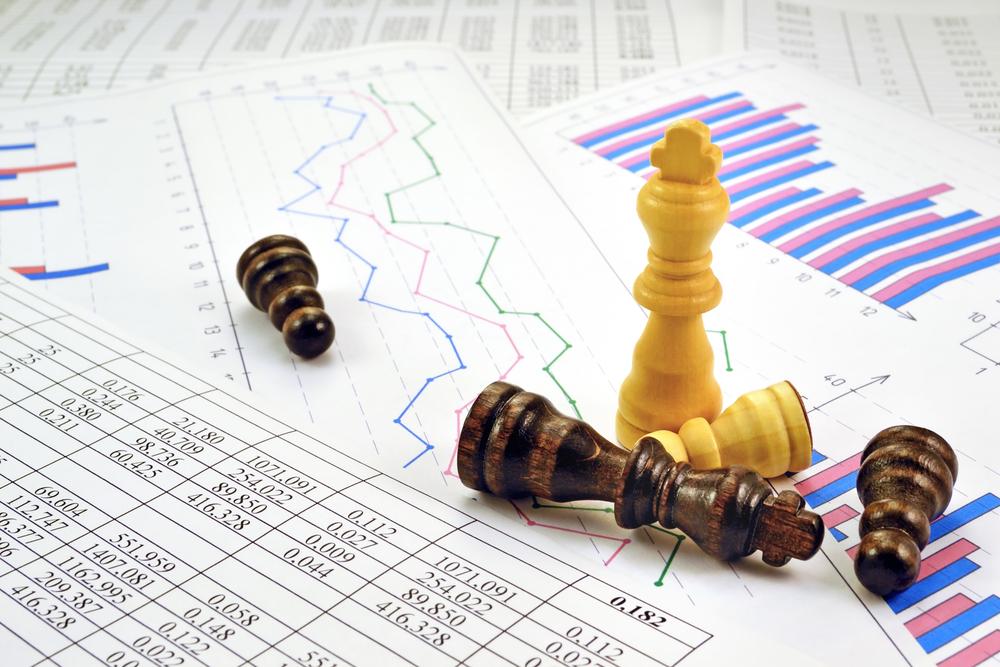
How To Improve Your Calculation
The Chess.com member Benjamin_Dubuque (rated 1288) wrote:
I have a question about calculation. I often miss either simple intermediate moves or very quiet moves in my calculations, especially in complicated messes that I seem to find myself in. Is there a way to train my mind to find those or am I SOL?
For example I missed 18.Kh1 in the following game because I was so absolutely sure that no opponent could resist the temptation to play 18.Nxd5 forking my rook and queen (and I had prepared a nice combination if he had done so). In retrospect I really like what my opponent did and I thank him for it because It showed me a weakness in my calculating ability. In addition, it showed my opponent was aware of how deadly the g1-a7 diagonal was for White.
JS: Mr. Dubuque, let’s take a look at your game and then I’ll discuss your calculation woes.
BD: All played relatively quickly. I know theory goes ...Nf6 first but I like getting to the position with this move order because it is more interesting. Here my opponent took about a minute before he played...
JS: Black’s best move, without any doubt, is 4...Nf6. Why is 4...Nf6 so good? There are a few reasons: Black develops a piece and prepares to castle. Black forces White to deal with the attack on e4. White has three ways to protect White’s e-pawn: 5.d3, 5.Nc3, and 5.e5. Let’s look at all of them:
5.d3 is a poor move
5.Nc3 is also a disaster
5.e5 is White's only good move
Back to the actual game:
At this point BD tried to justify 13...Bh5 in his notes. He's right, 13...Bh5 is best. However, he had eyes for a knight sacrifice.
As it turns out, BD didn't realize that Black doesn't have to sacrifice on g4. Instead, he has two ways to get a good game:
In the end BD passed on 13...Bh5 and he went with the interesting (but inferior) 13...Rae8.
Okay, we’ve seen Benjamin_Dubuque’s comments (mixed with my notes). Having done so, I can say that he is doing really well. He seems to have a reasonable opening repertoire. He’s a brave player who doesn’t run away from a fight. And (for his rating) his tactics are fine. His worry is calculation, and he has problems with (to lightly copy him), “…simple intermediate moves or very quiet moves, especially in complicated messes.”
Benjamin_Dubuque, almost EVERYONE has these same problems! Do you really think that most 1700 players can calculate several moves ahead? Can they see subtle nuances four moves ahead? And can they master a position that’s a “complicated mess?” NO WAY!
To me, this means that you actually calculate better than your rating. Nevertheless, everyone wants to be able to calculate. Of course, there are those that are gifted (like Alekhine, Tal, Kasparov, etc.), but there are also grandmasters who admit that long, crazy calculations are their weakness (thus avoiding that kind of thing if possible).

DO THIS TO IMPROVE YOUR CALCULATION:
- Calculation and tactics have to be based on a strong understanding of undefended pieces and pawns. If you can’t see both your own and your opponents' undefended pieces and pawns, then your game will be stillborn.
- Don’t play “hope chess.” This is when you hope your attack or calculations are going to get the job done, but you don’t factor in your opponent’s possibilities.
- Most long calculations are riddled with errors. As the great Bent Larsen said, “Long variation, wrong variation.” With this in mind, you should expect mistakes if you go for a long calculation. It’s normal, even for very strong players.
- If you don’t look hard for your opponent’s best replies, then all your calculations will be faulty.
- Don’t live in a dream world. If you wish to improve, and you wish to find long, exciting calculations, you have to be honest with yourself. Do NOT count on what you want your opponent to do (this chess disease goes something like this: “I’ll attack his queen, he will move a pawn, and I’ll take the queen!”). Instead, count on what your opponent's best move is.
- Even if your opponent doesn’t know what to do, YOU need to know what he should do! If you can’t do this, your calculations will usually fail. Thus, be it calculation or a calm positional situation, look for your opponent’s very best replies.
- The acquisition of patterns makes or breaks the chess player. The more tactical and positional patterns you master, the better your calculation will be.
- Experience is everything! Don’t expect Herculean results if you haven’t put in long hours of study and practice.
Though you might think you’re failing in some manner, you’re not! When you are starting out it’s a very good thing to do these calculations (to the best of your ability). By leaping into the fire, you gain experience, gain confidence, and (over time) get ever closer to that “I know at a glance what will and won’t work” Holy Grail.






